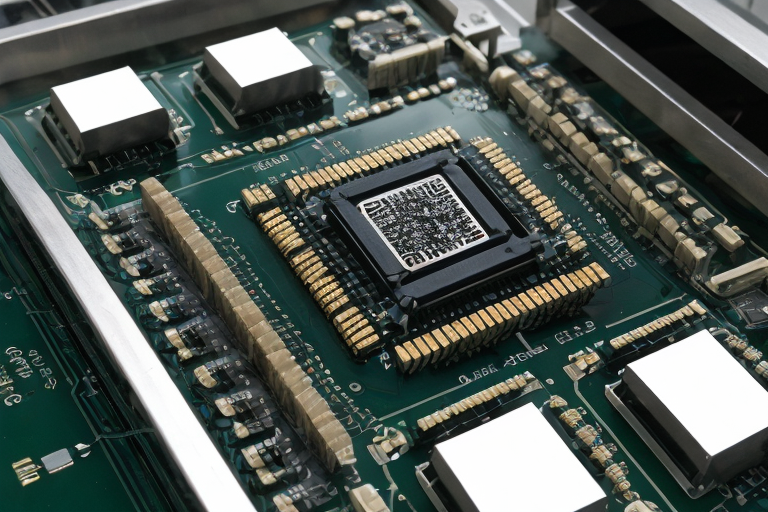Two Chinese semiconductor companies, CXMT and Wuhan Xinxin, are making progress in producing high bandwidth memory (HBM), a type of memory standard widely used in artificial intelligence (AI) chips. This development marks a significant step for China as it aims to reduce its dependence on foreign suppliers amid escalating tensions between China and the US, which has resulted in restrictions on US exports of advanced chipsets to Chinese firms. CXMT, China’s largest producer of DRAM chips, has already developed samples of HBM chips in collaboration with chip packaging and testing company Tongfu Microelectronics, according to sources familiar with the matter. Meanwhile, Wuhan Xinxin is constructing a plant capable of manufacturing 3,000 12-inch HBM wafers per month, with construction beginning in February this year, as revealed by corporate database Qichacha. Both CXMT and Wuhan Xinxin have received funding from local governments to advance their technologies as part of China’s push to develop its chip sector. However, neither company responded to requests for comment. While the progress is currently focused on HBM2, Chinese tech giant Huawei, subject to US sanctions, intends to produce HBM2 chips in partnership with other domestic companies by 2026, according to sources and a separate individual privy to the matter. The market for HBM is dominated by South Korean firms SK Hynix and Samsung, along with US-based Micron Technology. Despite the US not explicitly imposing restrictions on exports of HBM chips, HBM3 chips, manufactured using American technology, remain off-limits for several Chinese firms, including Huawei, under existing sanctions. Nori Chiou, an investment director at White Oak Capital, estimated that Chinese chip manufacturers are about a decade behind their global competitors in terms of expertise in HBM. Nonetheless, experts believe that CXMT’s collaboration with Tongfu presents a substantial opportunity for China to improve its proficiency in both memory and advanced packaging technologies in the HBM market. Patent filings reveal that plans to develop HBM in China can be traced back to around three years ago, when the country’s semiconductor sector came under increasing scrutiny due to US export restrictions. CXMT alone has submitted approximately 130 patents relating to various technical aspects of HBM production and functionality in the US, China, and Taiwan, with 14 patents registered in 2022, 46 in 2023, and 69 in 2024, according to Anaqua’s AcclaimIP database. One of these patents suggests that CXMT is exploring cutting-edge packaging methods such as hybrid bonding to develop more robust HBM products. Another patent indicates that CXMT is investing resources in research and development to create HBM3 technology.

Chinese Semiconductor Firms Make Headway in High Bandwidth Memory Production, Boosting Self-Sufficiency Amid US Chip Exports Ban
•
Recent Posts
Advertisement
Advertisement example


Leave a Reply